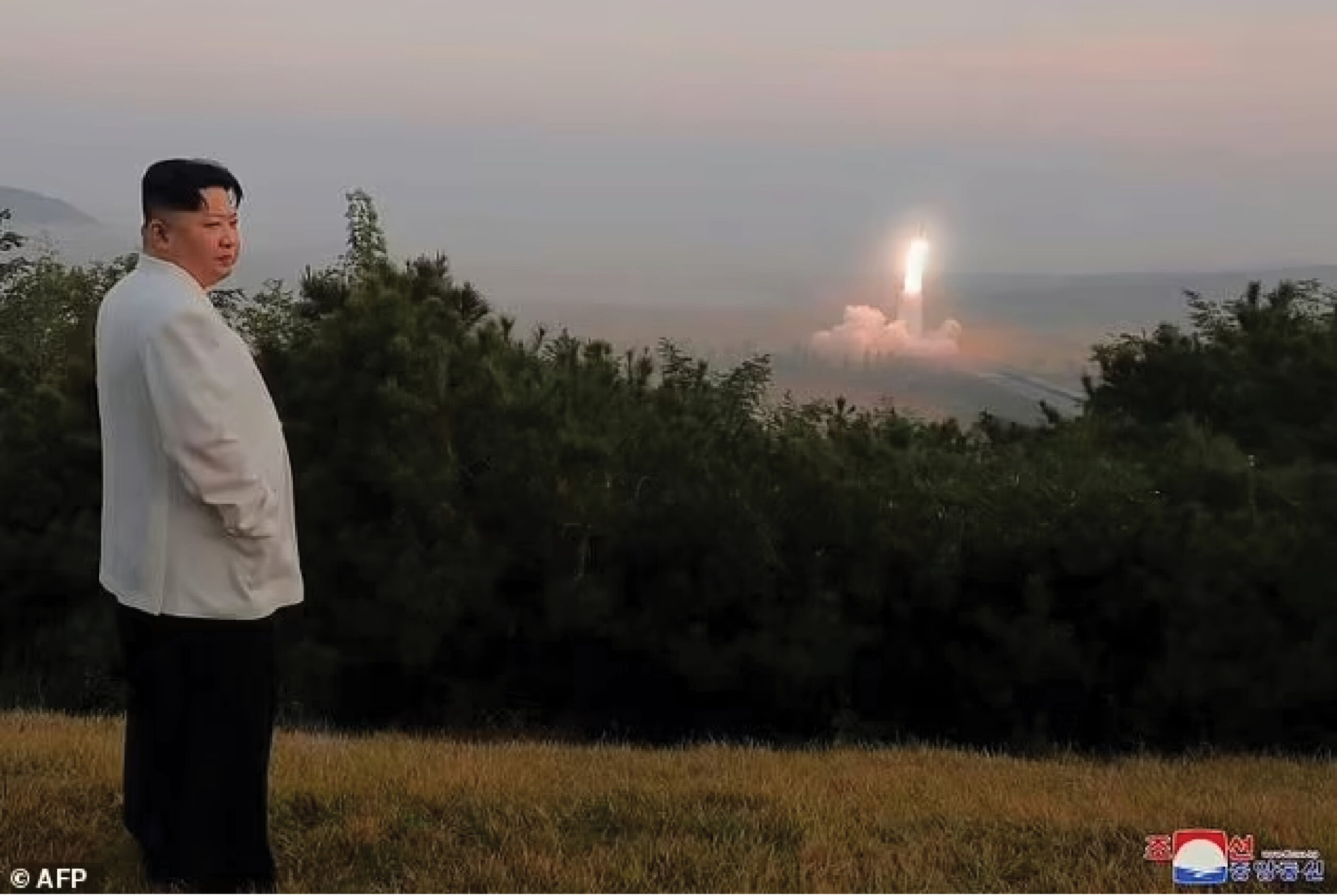After concerns about their exposure to the North’s nuclear tests, South Korea will give radiation testing to 881 North Korean defectors.
It happens after a study issued a warning that locals near Punggye-ri, the primary nuclear testing site, may be exposed to radioactive leakage in water.
Up to 500,000 residents, according to the Transitional Justice Working Group (TJWG), are at risk.
Those in China, South Korea, and Japan may also be impacted.
The organisation, which was founded in Seoul in 2014 by activists and scholars from South Korea, North Korea, the US, UK, and Canada, examined open-source intelligence and data for its most recent study.
The most potent of the six nuclear tests conducted at Punggye-ri, North Korea last conducted one in 2017.
It claimed that the tests were carried out without incident, although scientists have long expressed concern that radioactive material may have escaped and entered the soil and groundwater nearby.
Former residents of the area who are now North Korean defectors have previously reported odd ailments in their neighbourhoods, but scientists have been unable to connect the two.
Officials in Seoul are already inviting all North Koreans who fled the area from adjacent towns to be checked for radiation indications.
Although they believe it will be challenging to estimate its magnitude, nuclear specialists with whom the BBC talked generally concur with the prospect of radioactive contamination presented in the TJWG study.
Living cells can be partially or totally destroyed by nuclear radiation, which can occasionally cause cancer. The hazards posed by radioactive materials vary on the degree of exposure, as is the case with most poisons.
In 2019, the Ministry of Unification, a South Korean executive agency that promotes Korean reunification, ceased evaluating defections for radiation exposure.
According to the group’s report, nine out of the 40 defectors tested in 2017 and 2018 had “worrying levels” of genetic abnormalities. The TJWG identified higher radiation doses for those who displayed more anomalies, even though it did not explicitly link these to radiation exposure.
Because that people are increasingly drinking groundwater, the TJWG highlighted the leakage of radioactive elements into groundwater as a significant concern.
According to data from the 2008 census in North Korea, a sixth of households in the province of North Hamgyong, where Punggye-ri is situated, use groundwater for both drinking water and agricultural purposes.
Kim Jong Un, the leader of North Korea, has intensified the country’s weapons programme and stated in September 2022 that his nation’s nuclear weapons were no longer only intended to prevent war but could potentially be deployed offensively and preemptively to win a war.
“The leaders of North Korea have attempted to divert attention from its human rights problems in order to increase world interest in the country’s nuclear capability. In reality, there is a propensity to see the nuclear issue with North Korea primarily from a security standpoint, “added the report’s authors, the TJWG.

















